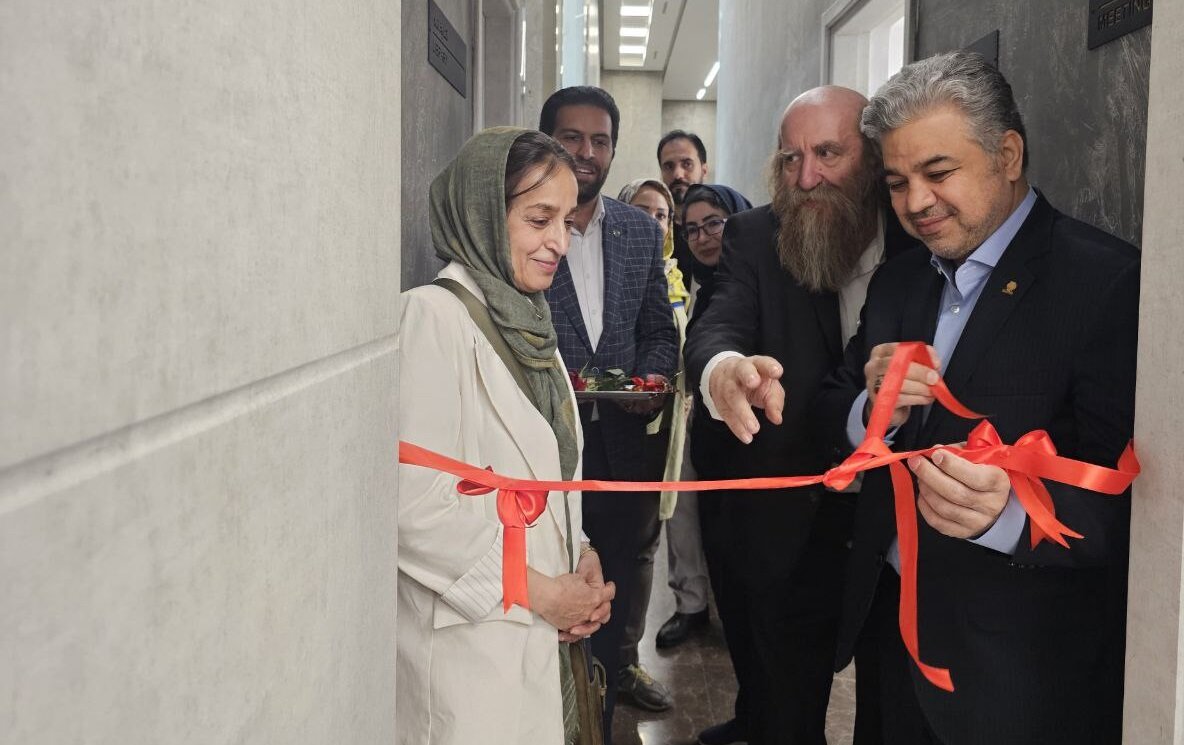Iran opens its first specialized college for classic car restoration

TEHRAN - In a landmark development for cultural heritage and technical education in Iran, the country’s first specialized college dedicated to the restoration of classic cars was officially inaugurated on Monday.
The newly established college, affiliated with the Dafineh Museum Group and operating under the Mostazafan Foundation, was launched in close collaboration with the International Council of Museums (ICOM) in Iran.
The college is situated on the premises of the Automobile Museum of Iran, which is home to an unparalleled collection of vintage and classic cars and other historical vehicles.
At the opening ceremony, Hamedreza Soleimani, CEO of the Dafineh museum group, Seyyed Ahmad Mohit-Tabatabai, head of ICOM Iran, and senior restorer Mitra Etezadi were among the distinguished speakers addressing a crowd of cultural experts, museum professionals, and restoration enthusiasts. They underlined that the initiative aims to professionalize and preserve Iran’s classic automobile heritage while nurturing a new generation of restoration experts.
In his keynote speech, Mohit-Tabatabai emphasized the evolving role of museums in society, especially in light of International Museum Day, which is celebrated annually on May 18. “Children are the true inheritors of museums,” he said, underscoring the need for museums, regardless of how specialized they are, to actively engage young audiences. “Museums must create inclusive spaces for future generations. The more diverse their audience, the more successful they are.”

Mohit-Tabatabai also highlighted the transformative impact of modern technologies in enhancing accessibility within historic structures and museum environments. He linked the invention of the automobile to broader industrial, cultural, and social transformations in human history, noting that “museums are not merely storage places for objects, but institutions for reflection, innovation, and learning.”
He also pointed to environmental challenges, such as drought and global warming, and argued that many of these stem from a loss of traditional knowledge and sustainable practices – another area where museums can play an educational role.
Etezadi, a renowned restorer of ancient and modern artifacts, offered the audience a detailed account of her work on historical royal carriages now on display at the museum. She spoke about the rigorous process of restoring one of the most prized items in the museum’s collection: a 19th-century Nasser al-Din Shah-era carriage, crafted by the Karl Marius workshop in Vienna, Austria.

Etezadi explained how the detailed documentation of the carriage's features, such as royal insignias, lamps from separate manufacturers, and the deep burgundy and black paint layers, provided insight into both the aesthetic preferences and technological sophistication of the Qajar court. “This was no ordinary vehicle. It’s believed that up to 14 monarchs may have ridden in it, which explains the extensive wear and damage,” she said.
She added that evidence from historical documents even suggested the presence of elephant handlers at the royal court, based on records related to the carriages and their accessories.

The college’s establishment marks a pivotal step in institutionalizing the knowledge and skills needed to restore and maintain classic automobiles, some of which are deeply intertwined with Iran’s royal, political, and social history. With courses expected to cover everything from traditional craftsmanship to modern conservation science, the school hopes to become a regional hub for classic car restoration.
According to organizers, the launch of this pioneering college signals Iran’s commitment to preserving a key aspect of its modern cultural legacy.
AM
Leave a Comment